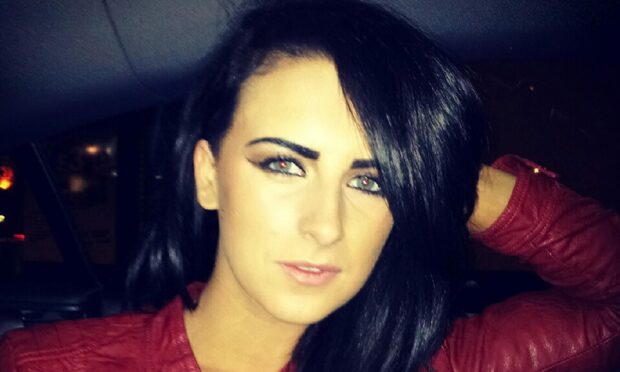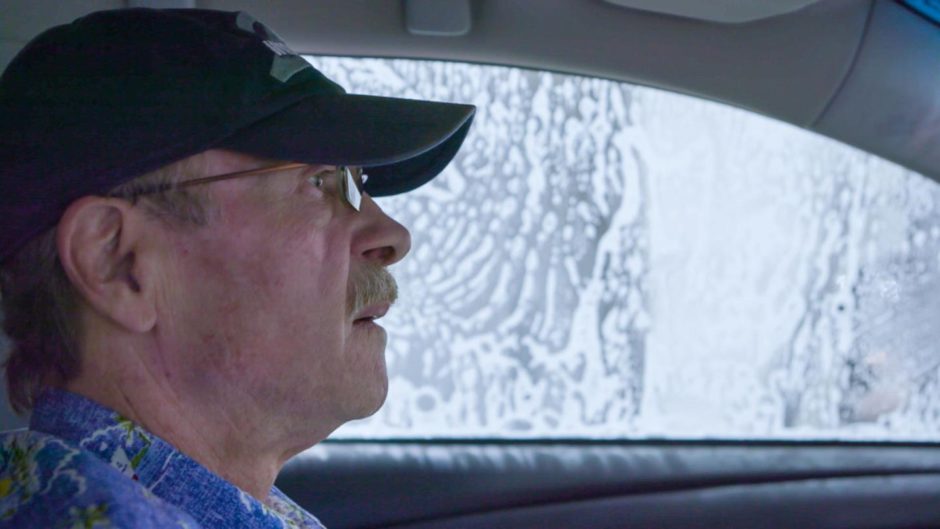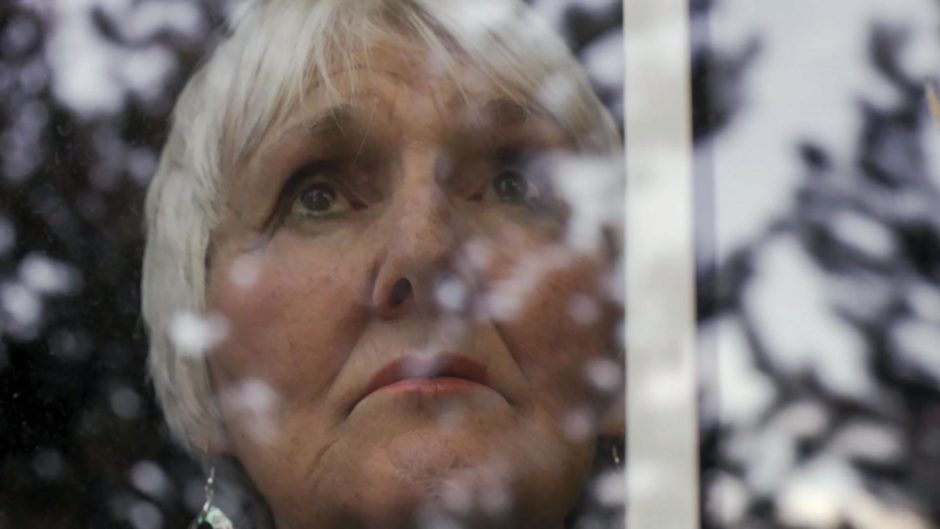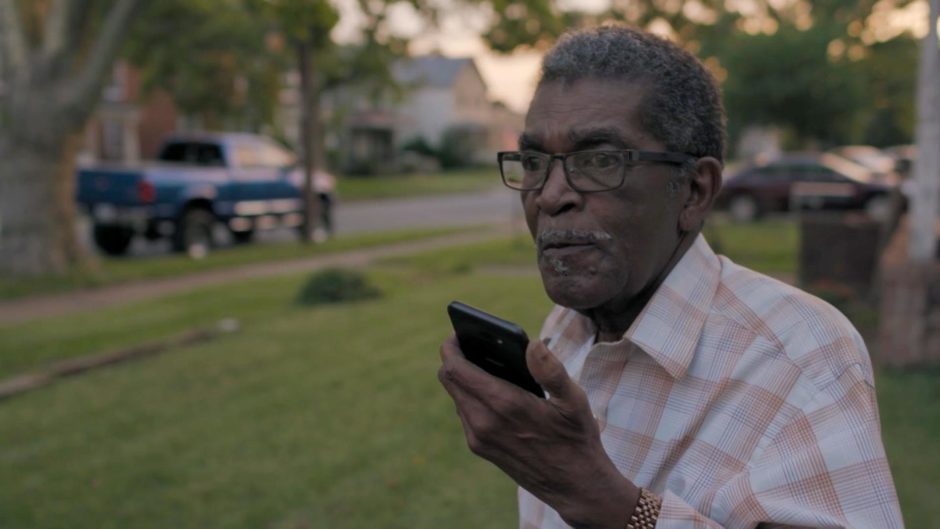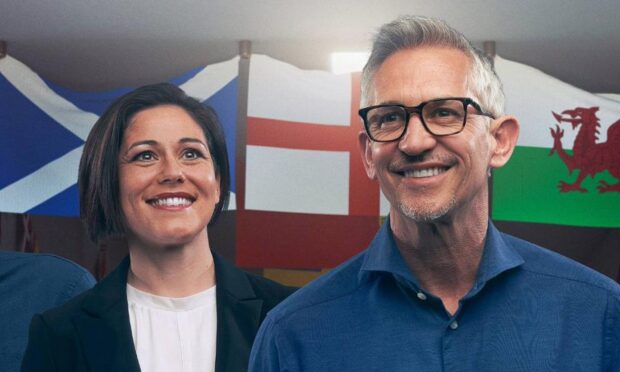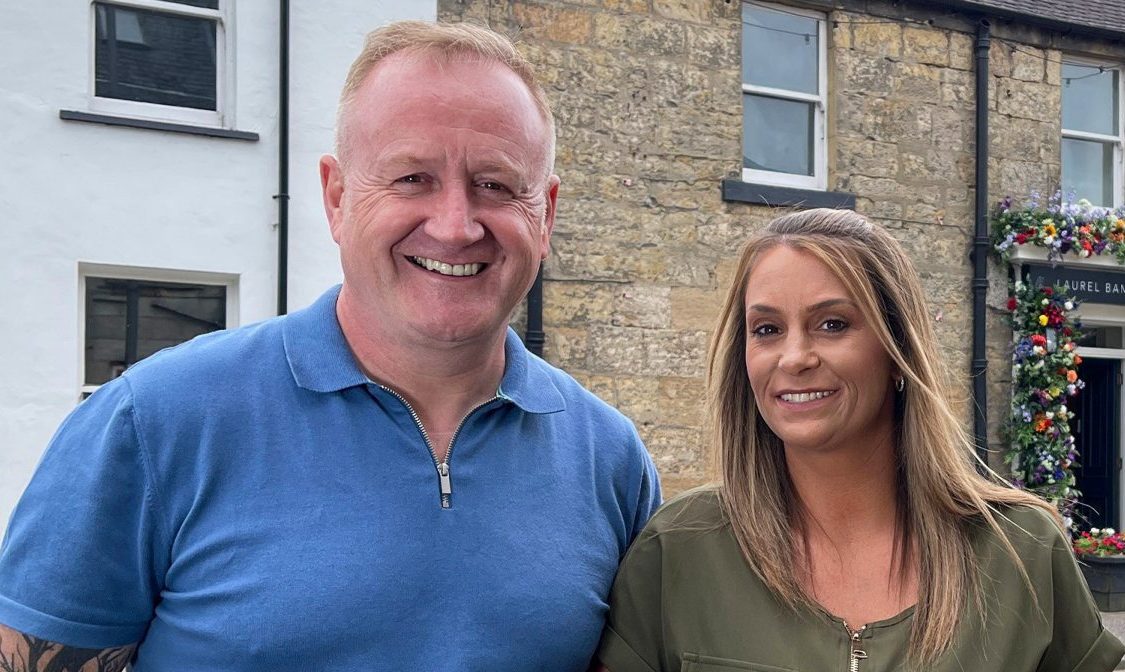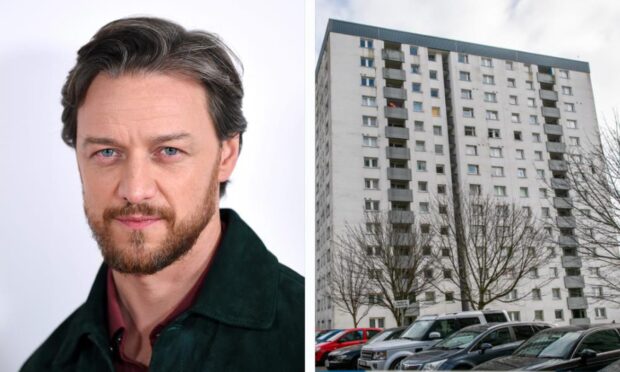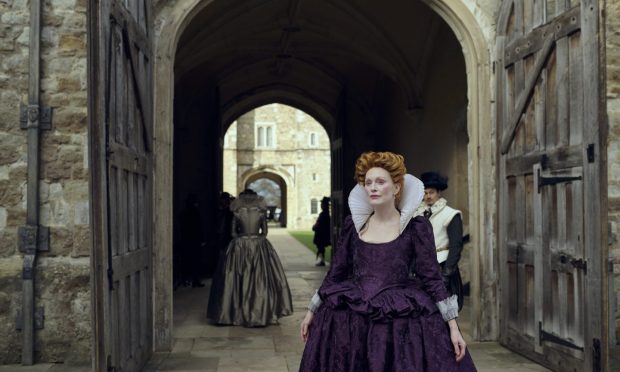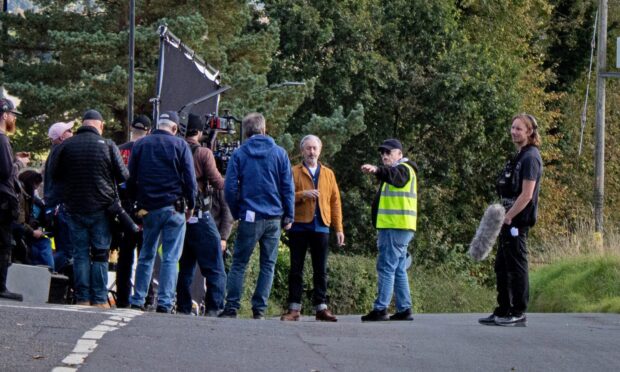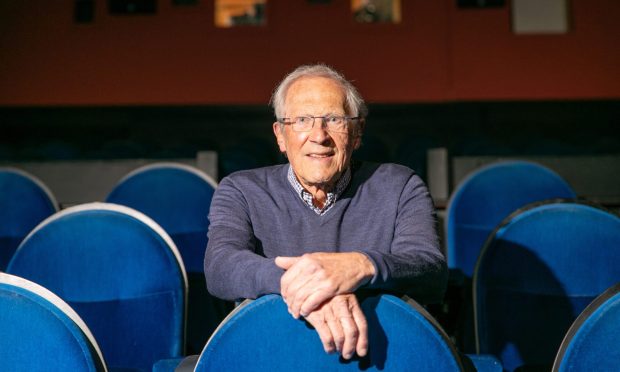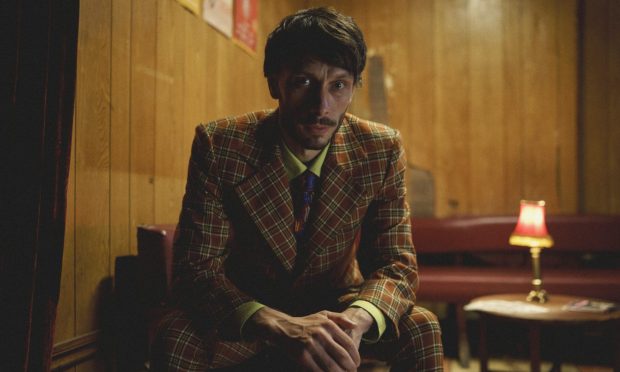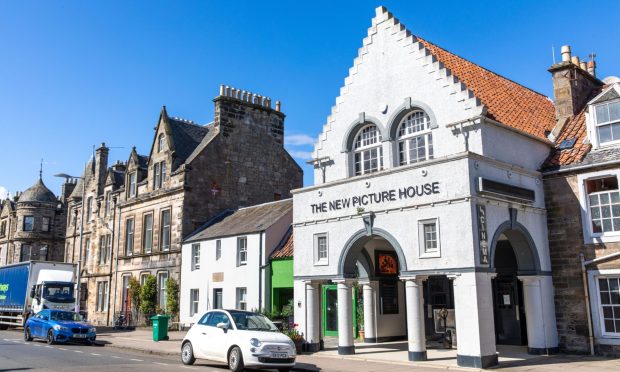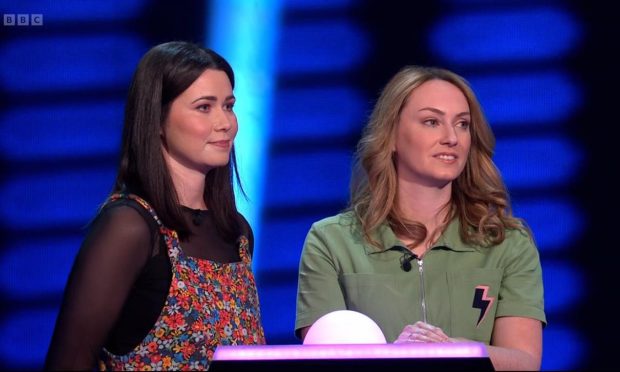Over the past decade, podcasting’s unstoppable rise has largely been attributed to our insatiable taste for true crime.
Listening to series about everything from unfathomable disappearances to infamous murders has almost become a national, if not global obsession.
But where a podcast will always come a noticeable second to TV is with the latter’s innate ability to let viewers look someone in the eye and decide for themselves whether they are telling the truth, the whole truth and anything remotely close to the truth.
In BBC Three’s five-part series High: Confessions Of An Ibiza Drug Mule, that awkward relationship between the camera and veracity is acknowledged with a pre-emptive strike which opens each episode: ‘The following story is based on the account of a convicted drug smuggler. Only some of the facts can be verified.’
In other words, dear viewer, it is entirely up to yourself whether what you see in Michaella McCollum’s eyes or what you hear come out of her mouth is to be believed or not.
Three years in a Peruvian jail
Whatever your conclusion after hearing all the evidence about her part in transporting 11kg of cocaine across two continents, the story of a regular Northern Irish woman and her dramatic fall from grace during a sun-kissed holiday in Ibiza that led to her spending almost three years in a Peruvian jail is both sensational and frightening.
This being a BBC Three production, there’s a restlessness bordering on hysterical delirium to its telling (good luck if you wanted to actually read the newspaper clippings that bombard your senses for half a second at a time) while the interviewees are steady and numerous (including Michaella’s friends, her cellmate, Peruvian prosecutors, and cartel lawyers).
Meanwhile, the filmmakers’ decision to include hyperactive reconstructions of snorting coke in bars and brutal assaults in overcrowded prisons are as predictable as they are unseemly.
BBC Three has always been the troublesome teen to BBC Four’s designated driver, and this week’s contrast in their portrayal of terrible happenings is, to say the least, stark.
Storyville: Raising A School Shooter is sober when it could have been messy, adopting a relentlessly grown-up tone instead of slamming doors at an unsociable hour.
This subject, too, is ripe for dramatic reconstructions, while in the case of the Columbine High massacre of 1999, there is actual footage of assault rifle-wielding children wandering around a school canteen while their petrified peers flee for their lives.
Instead, and as the title suggests, this quiet and dignified documentary zeroes in on the parents who woke up one morning with a normal teenager getting ready for school before that kid ended the day earning notoriety for a blood-letting atrocity.
We meet Sue Klebold (mother of Dylan, one of two shooters at Columbine, both of whom killed themselves after hunting down and murdering or maiming dozens), Jeff Williams (whose son Andy is serving life after killing two classmates in 2001), and Clarence Elliot (his boy Nicholas gunned down a teacher in 1988 and is unlikely to ever walk free again).
All three struggle with feelings of guilt, failure, sorrow, anger, and parental love, while doing everything they can to carry on with their own lives despite the shattering effects that these tragedies have had on them.
Sue was lucky enough to find comfort and understanding from within her own community, while Jeff was forced to leave his after the ostracisation and abuse became intolerable.
At the beginning of the year, BBC Two aired a six-part drama, The Investigation, which centred on the murder of Danish journalist Kim Wall, at the hands of a sadistic predator who lured her onto his submarine and towards her death.
At no point were we shown scenes which replayed the crime or the kind of tense interrogations which are part and parcel of the genre. We were not even told the killer’s name nor shown a single photograph of him.
This is the Storyville approach here, with no images of teen killers as innocent-faced toddlers or perhaps later, as brooding adolescents.
Rather, we see the parent at home tidying their kitchen or in a yoga class or having a strained phone conversation with their seemingly ordinary offspring. The result is a moving portrayal of integrity and endurance, highlighting the human capacity for carrying on against a natural inclination to just fade away.
- High: Confessions Of An Ibiza Drug Mule is available on BBC Three/BBC iPlayer, July 4 from 6am; Storyville: Raising A School Shooter airs on BBC Four, July 7, 10pm.
